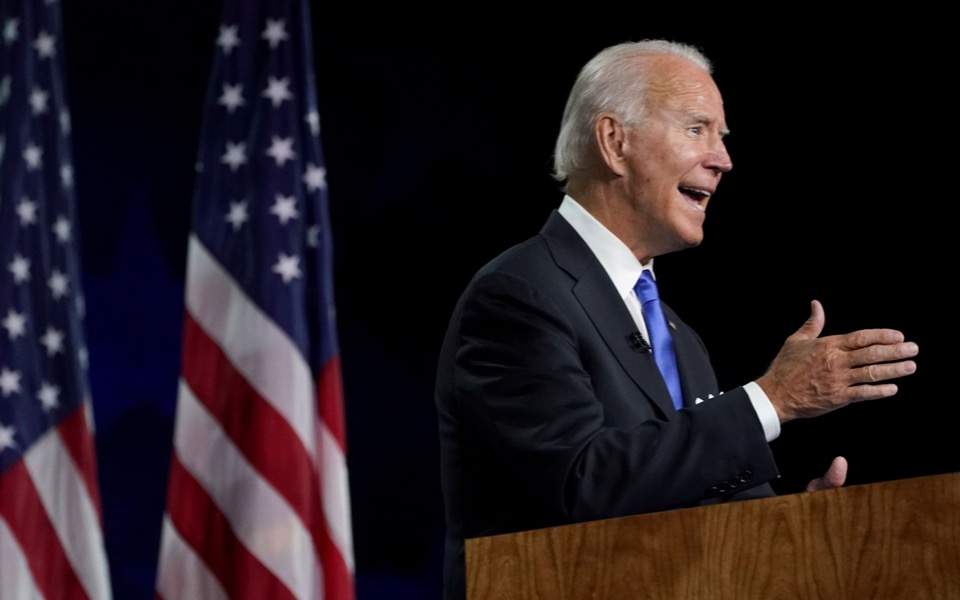US Military Base Ban on Drones Infringes on Right To Know
(Japan) on 8 August 2020
by (link to original)
If aerial photography by drone is banned, then freedom of press and news coverage regarding events on military bases will be limited, and it will be difficult to verify statements from the U.S. military.
In the name of preventing terrorism, constitutional rights to freedom of expression have been greatly restricted. And this ruling, which infringes on citizens' rights to information, must not be tolerated.
Last year, drone regulations were amended, and no-fly zones were extended to include U.S. military and Japan Self-Defense Forces defensive facilities. Currently, based on this revision, 15 facilities are targeted, including five locations (Camp Schwab, Camp Hansen, Camp Foster, Kadena Air Base, and Marine Corps Air Station Futenma) in Okinawa Prefecture.
At the specified locations, unauthorized flights are banned within a 300 meter zone surrounding the areas. Any flights in those areas require approval from a base commanding officer or another facility official.
Why are news media drones regulated in this way? The Ministry of Defense wants the U.S. to include freedom of the press as part of determining whether official consent for a flight is appropriate, but that consideration is not guaranteed.
To begin with, the U.S. Pacific Command asked Japan to ban drone flights over U.S. military facilities. In accordance with a change in Japanese law, U.S. military bases were added to the drone ban. One could say that convenience for the U.S. military has been given precedence over citizens' right to know.
Last year, the Marine Corps Installations Pacific said that drone flights over and around the Marine Corps bases in Okinawa, even for the purpose of news coverage, "poses a considerable risk to the safety and security of the people who live and work on those installations, as well as the local communities around these installations.” In principle, this thinking indicates that permission for drone flights should not be granted.
At Camp Schwab, where a new base is being built in Nago's Henoko district, the drone ban's scope includes not only parts of the land, but also the sea. The news media and citizens' groups fly drones to verify the status of Camp Schwab's offshore construction work.
If such activities are restricted at this time, there is concern that citizens and the media will not be able to get a proper understanding of the construction's progress, or that citizens' rights to know will be infringed upon.
There are other problems as well. From now on, the Ministry of Defense may be more inclined to expand regulations regarding U.S. military bases and JSDF facilities, step by step.
Because the U.S. military is demanding that drone flights be prohibited over U.S. military facilities, it is even possible that in Okinawa, which is 0.6% of Japan's land but houses 70% of land exclusively used for U.S. military bases, drones might be totally banned.
Photography and recording will probably be banned at the Miyako and Yaeyama garrisons, where JSDF is deployed.
Due to incidents involving U.S. military aircraft and other aircraft over civilian areas, at present, drone flights in civilian areas are heavily regulated. We predict that from now on, aerial media coverage will be restricted as well.
News coverage provided in response to citizens' right to know should be widely available to the public and should be guaranteed by the Constitution. The Ministry of Defense should clearly recognize the use of drones for news coverage and should amend the regulatory laws.

